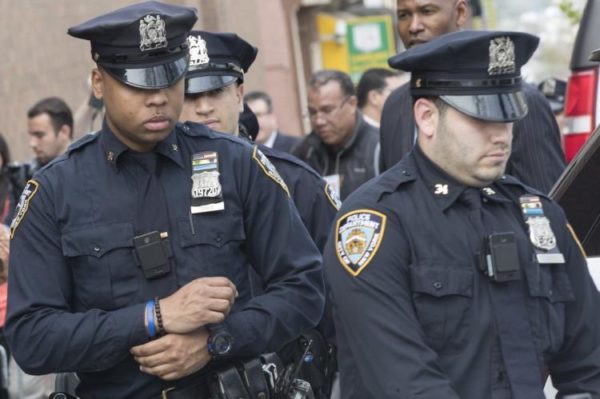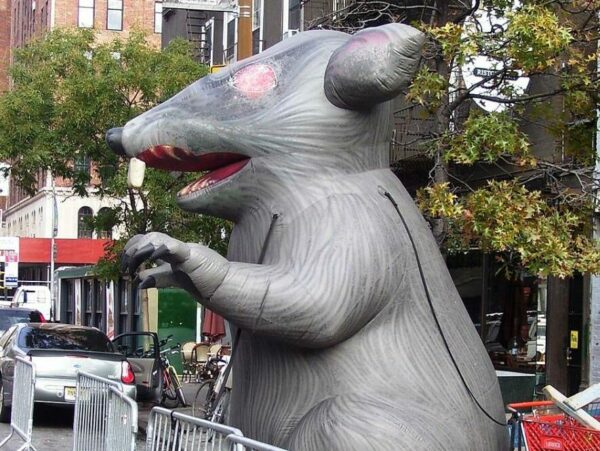
All of us have heard, and probably used at some time in our lives, the old expression: “If it ain’t broke, don’t fix it.” There is no doubt, that as conventional wisdom, that maxim has stood the test of time. I would submit that the converse is equally true. If it is broken, by all means, let’s fix it. One of the many things in need of repair in New York at the present moment, is the “broken shop.”
A week ago, I wrote about the word games the pro-corporate, anti- worker types use to obfuscate the actual intent of their actions. Among the examples I cited was the phrase “open shop.” It speaks of transparency, yet cloaks ill-intentioned attempts to destroy unions and the collective bargaining rights that are inherent to trade unionism.
I suggested that in order to take back control of the construction industry in New York, we must first take back the language that is used to describe what happens within it. I was delighted to find (and I take no credit at all for this) that one of our guests in yesterday’s broadcast had done exactly that. I refer, of course, to Justice Favor, Organizer, Laborers Local 79, who shed just the type of light I had been calling for on the problem of the so called “open shop.” He renamed it, and rightly so, the “broken shop.”
In the scurrilous pursuit of ever increasing profit margins, greedy real estate developers and their contractor cohorts have doubled down on their efforts to instill the notion of the “open shop” in the minds of New Yorkers as something to be viewed as normal, or even desirable. In reality, their aim is to have New York City’s infrastructure and superstructure built by inadequately trained, inadequately protected and worst of all, inadequately compensated construction workers. In plain English, once you have broken the unions, you are not left with an “open shop;” you are left with a broken shop.
Broken shop mean a broken social contract between workers and employers. The quid pro quo of a fair day’s work for a fair day’s wage has been replaced with unilateral greed. Broken shop means lives that get smashed due to ongoing financial burdens, unacceptable health and safety conditions, and constant anxiety about the future. Worst of all, broken shop means broken dreams. The dreams of all workers, that if they work hard, then one day they too will live in pleasant homes, take family vacations, educate their children, and be able to put a little aside for retirement, are all obliterated by the broken shop.
So, thank you, Justice, for seizing our language, and coming up with the right words to describe what is really going on in New York’s towers of power. You have introduced us to a new and more appropriate phrase, one which we all need to add to our lexicon. For while there are many out there who, for the sake of their own personal gain, would have us all believe that the “open shop” is here to stay, that is not the truth. The truth is, like nasty children who delight in pulling the wings off flies, some mean spirited, but wealthy developers have gotten hold of something beautiful and precious, and have done their best to destroy it.
Now we must take it back from them, send them to their rooms for a time-out, and apply whatever glue, duct tape and tie wire might be necessary. We can, and should do what working people have always done best, fix whatever is broken, and get on with our jobs.



